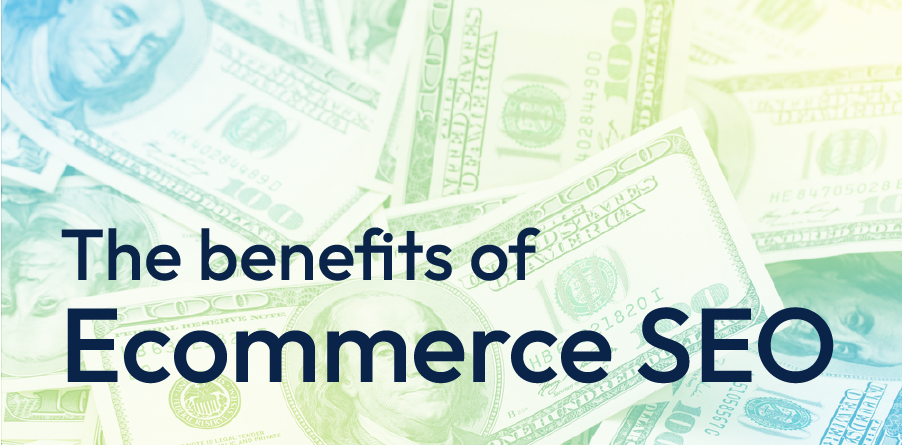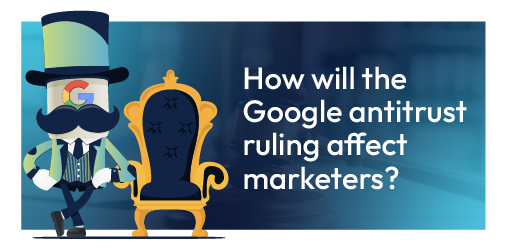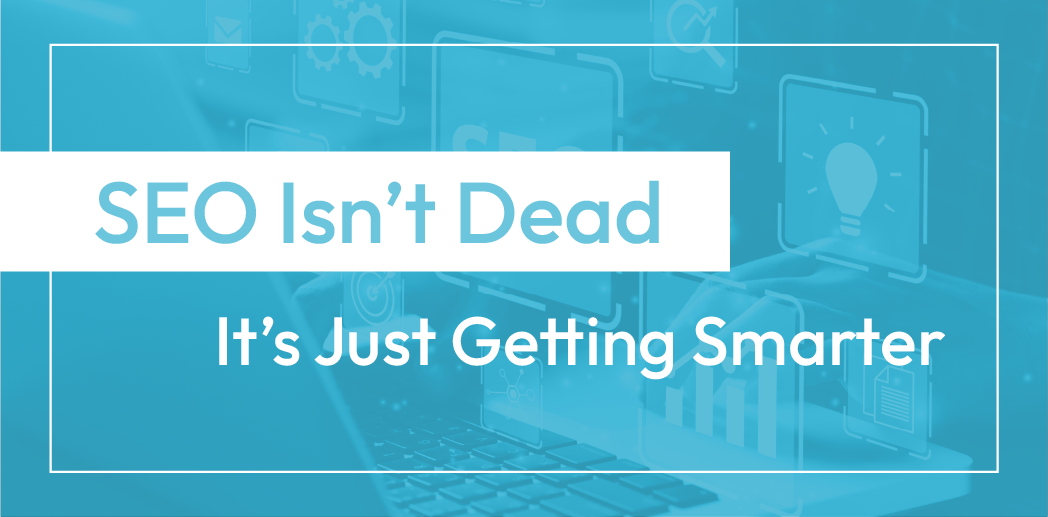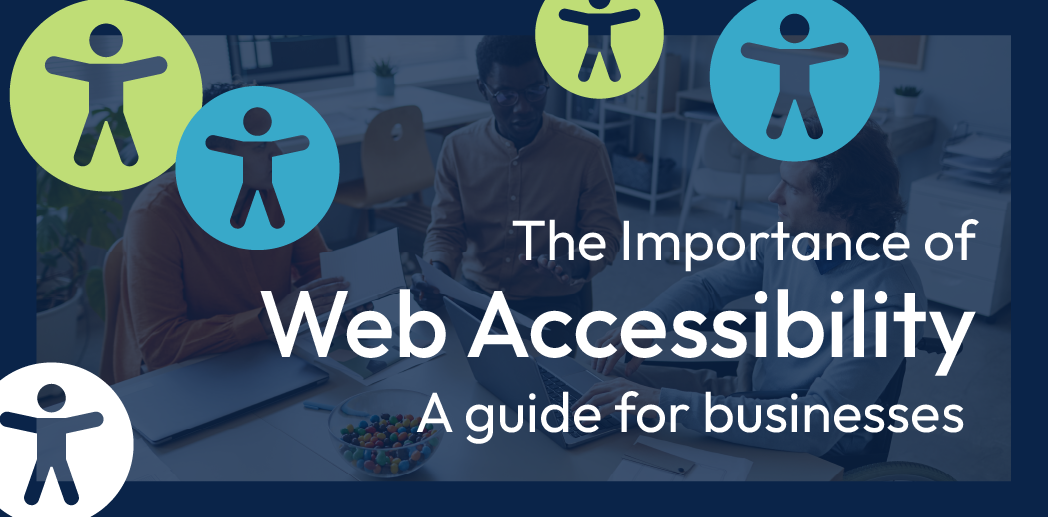The Benefits of Ecommerce SEO

There is an exorbitant amount of money being spent online daily and much of this happens on search engines like Google. Businesses who can be found when someone searches for a product or service are winning.
Ecommerce SEO is often the missing piece for businesses intent on attracting new customers and increasing revenue. In fact, visibility on search engines like Google can make-or-break a digital storefront. After all, if you’re invisible on Google, your competitors are already winning.
If you’re looking into growth for your online business, this article is a great place to start. We’ll define ecommerce SEO then explore a few of the numerable benefits.
What is Ecommerce Search Engine Optimization (SEO)?
Ecommerce SEO is the process of helping online storefronts appear on search engine results pages (SERPs) for relevant search terms, increasing the amount of high-quality traffic visiting your website.
Winning traffic is one part of SEO. The other component involves optimizing website pages to create a seamless, intuitive user experiences for visitors.
What Are the Benefits of Ecommerce SEO?
1. Brand awareness and visibility
As the first step in the marketing funnel, brand awareness often proceeds leads and sales. Customers need to know who you are before they can buy from you. For most marketers, brand awareness is a number one goal. The methods of driving brand awareness are many, and ecommerce SEO is one potent tool.
When you rank well for queries related to your business, recognition and trust is built with prospective customers.
2. Traffic from all stages of the marketing funnel
SEO improves brand awareness, but it also packs potential for every stage of the marketing funnel. Consider content marketing, an essential component of SEO. Content related to your industry can be written to target any stage of the marketing funnel.
For example, let’s consider The Buzz Bean Co., a fictional online coffee bean company. The Buzz Bean Co. decides to write three articles, each targeting a different tier of the marketing funnel.
First, Buzz Bean writes a blog titled: “Is Coffee Beneficial for My Health?” to attract top-of-the-funnel website visitors. Of course, most visitors are not going to order Buzz Bean coffee based on this article, but they will take note of the company name – brand awareness.
Buzz Bean drafts another blog, “Should I Buy Coffee Beans Online? Folks typing this term are probably middle-of-the-funnel, close to conversion but still performing research on where and how to order coffee beans.
Finally, “Order Fresh Whole Coffee Beans Online” is published, a bottom-of-the-funnel piece that Google users who are likely ready to purchase might click on. An optimized product page for one of Buzz Bean’s whole bean varieties could also serve as bottom-of-the-funnel content.
This is just one example of the many ways ecommerce SEO can be used to target each layer of the marketing funnel, driving brand awareness and conversions.
3. Expand remarketing audiences
If you implement paid search as well as SEO, you can place cookies on your website to gather shopper data. As ecommerce SEO drive high-quality visitors to your site, larger remarketing audiences can be created.
Consider a visitor who clicked on Buzz Bean’s website to read “Is Coffee Beneficial for My Health?” then left the site. We’ll call her Samantha. If Samantha notices an advertisement for Buzz Bean on another website later that week, she is passively reminded of your brand again. Remarketing campaigns help gradually prepare your target audience for conversion. When Samantha is ready to buy a cup of coffee, she may choose Buzz Bean over another shop, because she is already familiar with the brand.
4. Enhance user experience
As mentioned, ecommerce SEO does not stop with winning traffic. The on-page user experience is equally important.
After all, if your website is slow, cluttered, outdated, or confusing, most people will leave within seconds. Google also “avoids” poorly built sites. Complex information hierarchy, poor content, and high bounce rates indicate that the website is not valuable for Google users and, therefore, not worth ranking well. Google’s aims to provide its users with the most relevant, valuable answer to their inquiries. If your website doesn’t fit this criteria, it won’t rank well.
On the other hand, excellent websites often have great conversion rates. Website owners can sometimes use tools and techniques to improve user experiences and conversion rates; however, an entire website revamp is sometimes required.
5. Higher click-through-rate (CTR)
Web pages ranking on the first page of Google receive clicks. If you rank on the second page of Google, you may as well be invisible. The saying that the best place to hide a dead body is on the second page of Google is true.
Among the 10 organic first page listings, the first receives over 30% of all clicks. Thus, the goal of ecommerce SEO is to rank your web pages #1 for relevant keywords. Ranking #1 takes time and, quite frankly, is not always possible, but every page one ranking is a victory.
6. Compliment paid search (PPC) efforts
SEO and Paid Search (PPC) work together, creating a holistic digital presence for companies on the web. SEO compliments PPC by lowering paid search costs and increasing website visits.
Implementing ecommerce SEO strategies can also help lower PPC costs. How?
First, and most immediately, performing SEO tasks on your landing pages can improve your Quality Scores and drive better performance, ultimately lowering cost-per-click.
In the long term, you may be able to decrease your PPC budget as your ecommerce SEO strategy begins building momentum, driving traffic, and wining business.
Implementing ecommerce SEO strategies increases website visits.
We already mentioned that ranking well on page one is necessary for your CTR. But doesn’t paying for ads guarantee a good position on the first page of Google? Not necessarily, and, even if your ad is served on the first page of Google, the majority of search engine users ignore paid ads. Thus, if you appear in an ad and an organic listing, you solidify your SERP dominance.
In these ways, SEO and PPC compliment and expediate the other. At RivalMind, we often recommend a combination of both.
7. Increase long-term growth
Ecommerce SEO is a long-term investment in long-term performance.
Although SEO often takes longer to produce results than a Paid Search campaign, the return is substantially greater. Unlike PPC, the benefits of SEO do not stop when the campaign is turned off. Positive rankings, high-quality content, and a user-friendly website provide value for years.
RivalMind: Expert Ecommerce SEO
At RivalMind, we address the first major hurdle for all store owners: visibility – helping customers find your site. Then, we identify and remediate fundamental website issues that could be hindering your site from ranking well. Finally, we emphasize building your website authority via backlink prospecting, content marketing, garnering reviews, etc.
Ultimately, our goal is to help our ecommerce customers sell more products.
If you are interested in learning more about our ecommerce SEO plans, give us a call at (331) 228-9396, visit our contact page, or ping our live chat, available on any page of our website. We look forward to getting in touch!

Meet the Author
Harley Helmer
Director of Search Marketing
Harley Helmer is a digital marketing professional with nearly a decade of experience in the industry. Today, he's the head of search marketing strategy at RivalMind, responsible for developing and executing comprehensive SEO campaigns that improve online visibility and boost organic traffic. His pragmatic, no-nonsense approach to marketing – paired with a robust knowledge base – helps him deliver innovative solutions to technical challenges and deliver real client success.
Specialties: SEO Strategy, Google Ads, and Search Marketing Opinions
Looking for more organic website traffic?
Welcome to RivalMind. Our purpose is to help your business thrive. We are a digital marketing agency that offers SEO, PPC, Web Design, Social Media and Video Solutions as tools to our clients for online business development and growth.
Contact us today to get started!
Blog Contact Form
Connect with Us:




